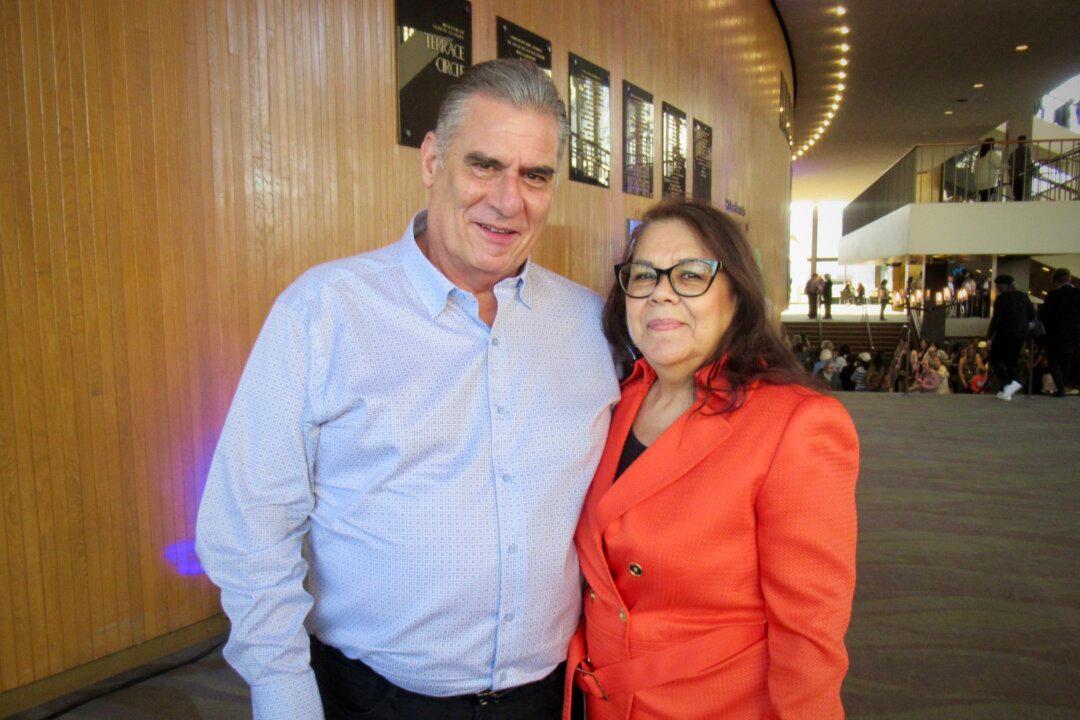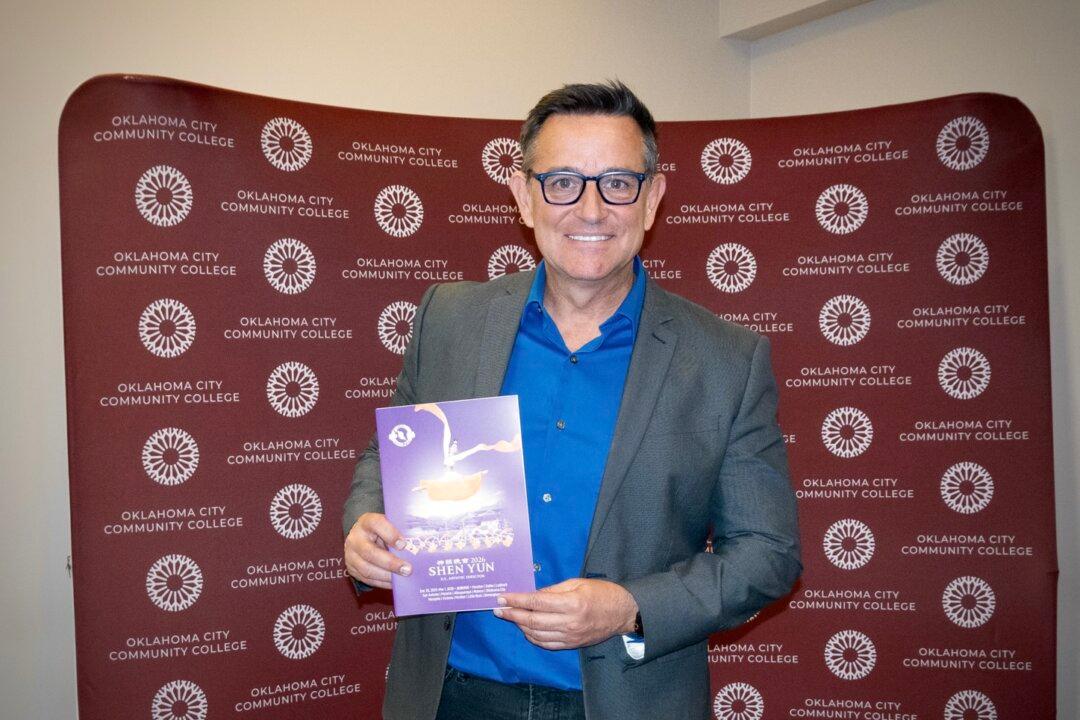Apple has been given three more days to respond to a court order to unlock the iPhone that had belonged to Syed Rizwan Farook, the suspect behind the San Bernardino terrorist attack that left 14 people dead.
The Department of Justice issued an order for Apple to assist the FBI in its investigation of Farook, sources told NBC News on Thursday. Now, Apple’s response in court is due on Feb. 26 instead of next Tuesday.
Federal Magistrate Judge Sheri Pym gave the order Feb. 16, granting the DOJ’s request.

This undated combination of file photos provided by the FBI, left, and the California Department of Motor Vehicles shows Tashfeen Malik, left, and Syed Farook. The husband and wife died in a fierce gunbattle with authorities several hours after their commando-style assault on a gathering of Farook's colleagues from San Bernardino, Calif., County's health department Wednesday, Dec. 2, 2015. FBI, left, and California Department of Motor Vehicles via AP, File





